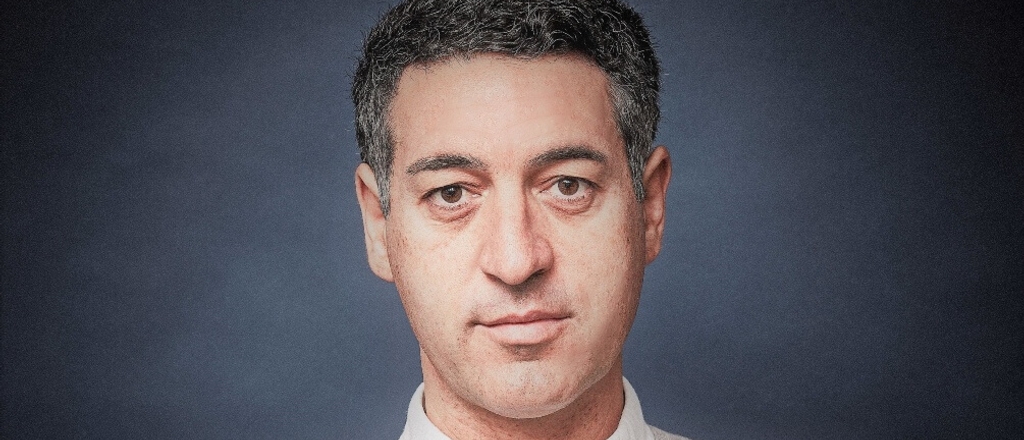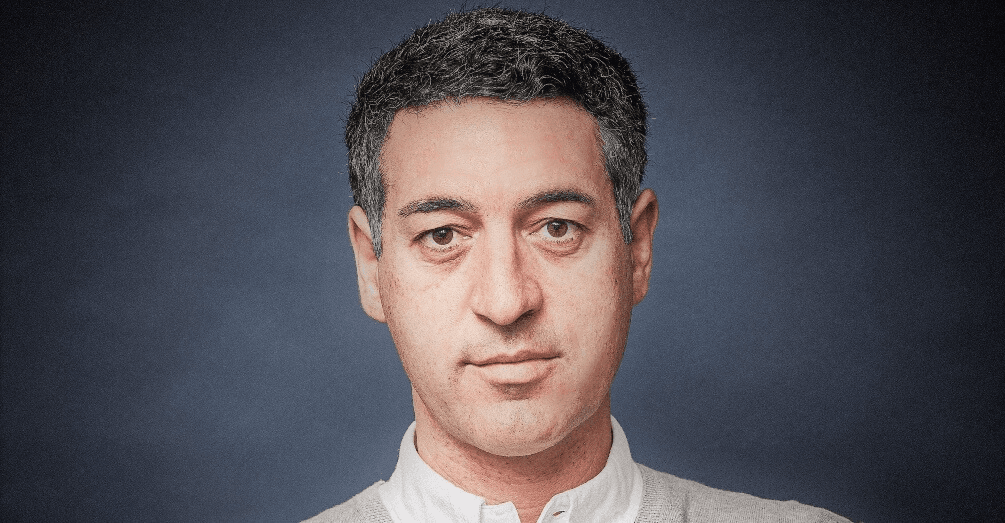- Home
- News And Events
- What’s Going On
- Faculty Spotlight: Luis Diestre
Faculty Spotlight: Luis Diestre

Five years ago, he already ranked as one of the “World’s Best 40 under 40 Business School Professors” for Poets & Quants. Since then, Luis Diestre has not only raked in teaching excellence accolades, but has become one of IE Business School’s most prolific researchers. In 2016, he received an ERC Starting Grant of about €1.4 million to develop a research project on the illegal trade of pharmaceutical drugs—that will be published soon. His recent articles on pharmaceutical lobbying and toxic chemical emissions have appeared in Strategic Management Journal, Organization Science and Management Science—among others.
Here’s a closer look at one of IE Business School’s top researchers:
What brought you to IE?
I decided to come to IE right after I finished my PhD in Strategic Management at the University of Southern California. I loved the atmosphere I found here when I interviewed for an assistant professor position. Everybody was highly passionate about research and you could sense that the school had made a strong bet to become a leading institution in the generation and diffusion of knowledge.
Have you ever had an a-ha moment while teaching that furthered your research? What was it?
In my recent teaching activities, especially at the executive education level, I realized the importance of the non-market (political) arena for today’s corporations. The way executives think about the policy/regulatory environment is much richer and complex than I thought, something that has motivated some of my most recent research projects.
What book do you wish your students would read before taking your class and why?
I would recommend reading Lords of Strategy: The Secret Intellectual History of the New Corporate World. This book describes the revolution that took place 50 years ago, which changed the way we think about business. I feel that students will better understand the value of the business education we provide after reading this book and realizing how different the management profession was just a few decades ago.
Please name one of your recent articles you feel addresses the most important issues in 2021 for IE alumni.
In the past years, I have been studying the competitive dynamics of illegal firms, specifically in the context of illegal online pharmacies. The sale of illegal medicines has become one of the biggest threats to public health, especially in our current pandemic situation. My research tries to identify the main reasons why customers decide to choose illegal sources for their medicines. What is most surprising about what we have found so far is that price does not seem to be the main driver, meaning that there are other more important reasons why customers decide to purchase their medicines from illegal and thus unsafe sources. I feel that these findings may have important implications since, to effectively respond to this public health challenge, we first need to understand why customers decide to purchase their drugs from these illegal pharmacies in the first place. We expect to make some of our conclusions public very soon, so stay tuned.
Whose research of your IE colleagues do you find interesting? Why?
All of it! It would be hard for me to point at research from my colleagues that I don’t find interesting. This may very well explain why there has been so much collaboration among us in recent years. Let me point at three different streams of research that are being explored in the strategy department which I find especially interesting and promising: 1) Martina Montauti’s recent work on the intersection between market categorization and stigma, 2) Marco Giarratana and Juan Santalo’s projects on diversification and corporate strategy, and 3) Daniel Blake and Ben Barber’s work on corporate political activities looking at how employees’ ideology triggers internal conflict and thus location decisions.
Tell us one personal thing about yourself that none of your students know.
When I was a kid, I watched the movie “The Hustler” (Paul Newman, 1961), and I immediately decided I would be a pool player when I grew up. I tried really hard for some time and I even played in a few regional tournaments, with little success I must say. So I decided to put that plan on hold for a while. I haven’t given up completely on it yet.
